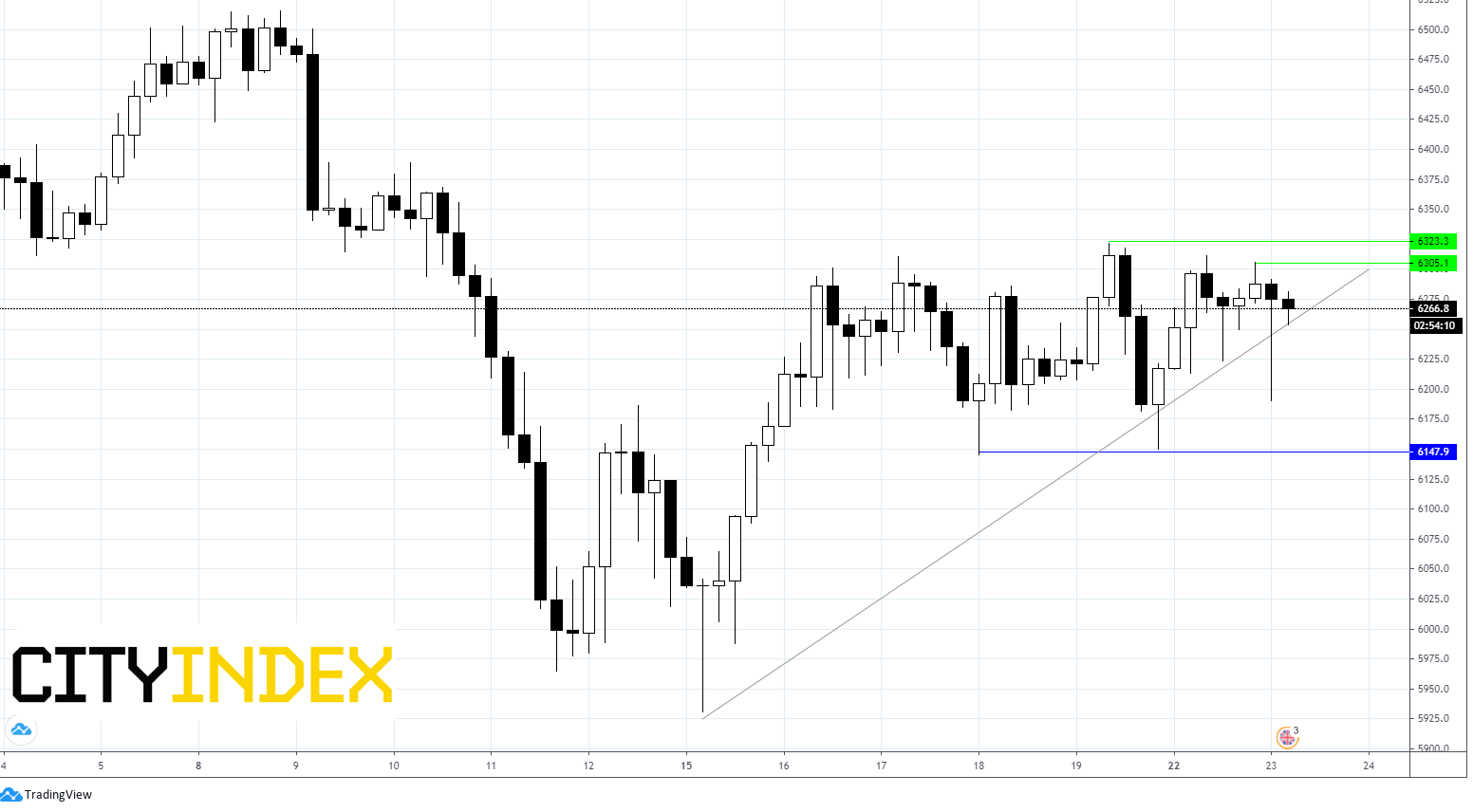After some whipsaw action in the Asian session as the White House’s stance on China was thrown into confusion, the waters have calmed, and European bourses are pointing mildly higher.
Trump was the saving grace, walking back on Trade Secretary Peter Navarro’s assertion that the trade deal with China was over. Trump swiftly contradicted the claim, saying that the China trade deal was “fully intact.”
There is no smoke without fire. Navarro is one of the most outspoken critics of China among Trump’s senior advisors. However, we know that relations between the US and China have been on a knife’s edge for a while. The market movements overnight show that they are still sensitive to US – Sino trade relations. There is a good chance that US – China trade relations could return to be a central focus in the second part of the year as the global economy recovers from the COVID-19 outbreak and as we head towards the US elections.
Reopening Optimism Overshadows Second Wave Fears
Concerns over a second wave of coronavirus infections remain, although Beijing has seen fewer new cases, lifting sentiment. However, Germany’s recent flare-up has seen the R rate push higher again.
Optimism surrounding the reopening of the UK economy is adding to the risk-on mood, with Boris Johnson expected to announce a reduction in the 2 meter rule, in addition to adding cinema’s, museums and galleries to the list of premises able to reopen on 4th July. Expectations of US and Spanish stimulus are also bolstering the mood in the market ahead of PMI data.
PMIs Expected To Show The Worst Has Past
Looking ahead, the focus shifts towards purchasing managers index data which will be released from the UK, Eurozone and the US providing a decent picture as to how the economic recovery is developing.
PMIs across the board are expected to confirm that April was the trough from the coronavirus economic catastrophe and that the recovery has been gathering pace ever since. Service sector and manufacturing sector PMI readings are expected to reveal that the pace of contraction slowed again in Jun. The data is also expected to show that activity in the sectors remains in contraction, with the service sector, which bore the brunt of the lockdown measures, lagging.
In the UK the manufacturing sector PMI is expected to increase to 45 in June, up from 40.7. The service sector is due to jump from 29 in May to 39.5 this month. A better than expected reading could boost the pound and keep risk sentiment buoyant, supporting stocks.

